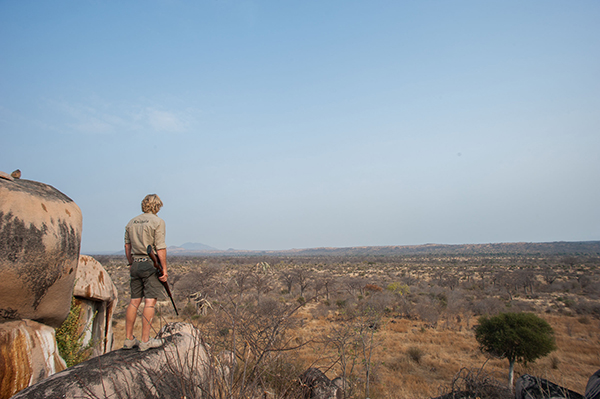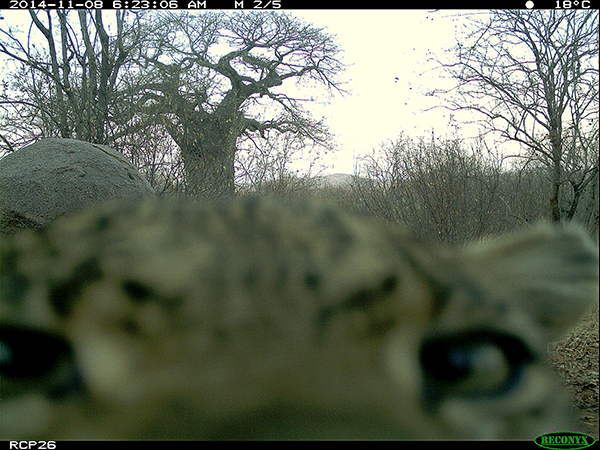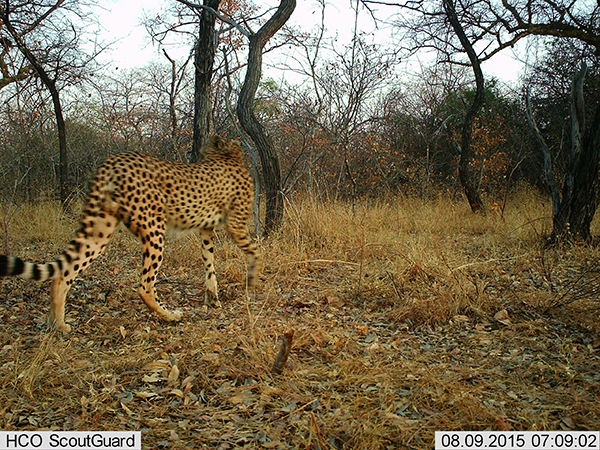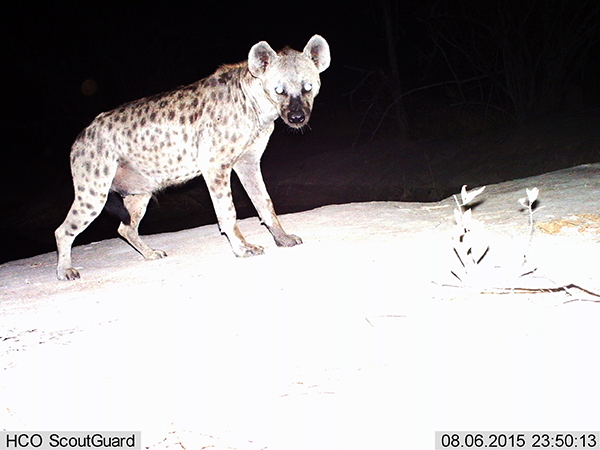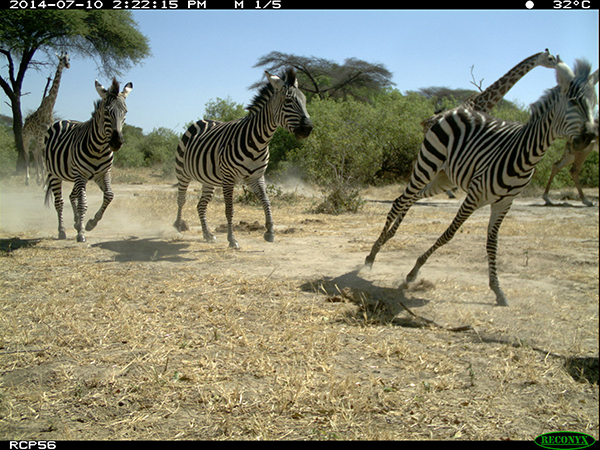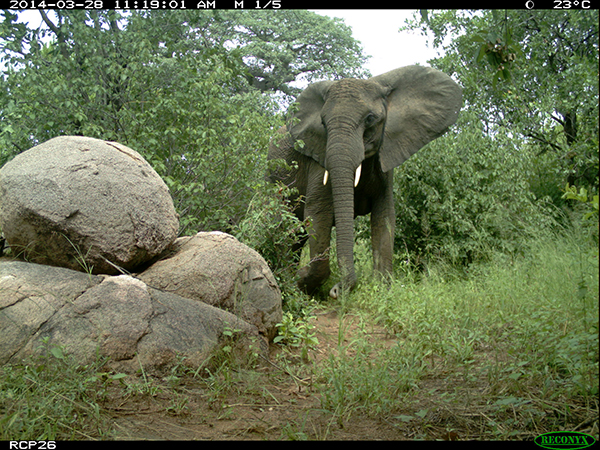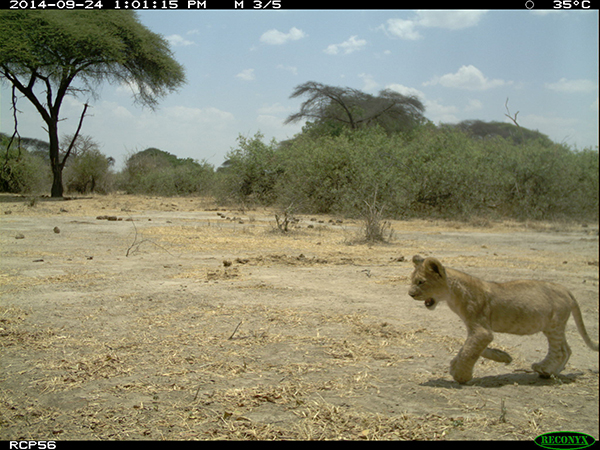Caught on Camera – East Africa’s animal home videos
Ruaha National Park is a beautiful stretch of wilderness, home to a large population of elephants, African wild dog and sable antelope and studded with baobab. It lies at the heart of a 150,000 square km wildlife area that stretches from Selous in the east to Katavi N.P. in the west. At 20,226 square km, it is a candidate for the largest national park in Africa, but its remoteness has kept it less congested than its more famous northern cousins.
Unfortunately, the remoteness has not kept this area and the wildlife from coming under threat. As human populations increase, human-wildlife conflict has become more prevalent. As these altercations increase, it is our natural response to ask how can we mitigate this conflict and ensure safe development for human populations while still preserving our wildlife and natural resources.
A solution to human-wildlife conflict: Community Camera Trap Programme
In order to reduce conflict value perceptions require shifting; the question then becomes: How do you place a value on wildlife that will demotivate their destruction and fuel their conservation?
The answer lay in what has become The Community Camera Trap Programme. This innovative initiative was conceived and is run by the Ruaha Carnivore Programme and African Wildlife Fund, and seeks to change behaviour and values by linking direct, household-level benefits to wild animals caught in camera traps.
The traps are located around Ruaha National Park and were donated by Friends of Asilia. Each village accumulates points every month for the number and type of wildlife captured in the traps and is rewarded with school books, medicine or veterinary medicine for the number of points earned.
Caught on Camera – Africa’s animal home videos
The result of the program can be seen here.Note the snare wounds on some of the animals – a clear indication of the human-wildlife conflict.
Tourism’s role
Through our role as the leading East African tour operator, we invest in the areas and communities where we operate, and our positive impact can be seen through:
- Funding of conservation programmes such as The Ruaha Carnivore Project and their initiatives, such as The Community Camera Trap Programme.
- Sponsored Scholarships to provide better education to the children of these communities
- Development of career opportunities in tourism for locals
If you want to be a part of the solution and get involved with our work in East Africa, contact Clarissa Hughes, our Positive Impact Co-ordinator at clarissa@asiliaafrica.com
More Positive Impact Articles

Electric Vehicles: The Future Of East African Safari Travel?
12 January 2020October 2019 saw the arrival of our first electric, solar-powered safari vehi...

Its Our 15th Birthday: Celebrating 15 Years of Making a Genuine Difference
08 November 2019This year, we're celebrating our 15th birthday and commemorating 15 years of...

World Tourism Awards 2019: Asilia Recognised For Our Positive Impact
01 November 2019The World Tourism Awards acknowledge, reward, and celebrate excellence across...

Supersized Traditional Maasai Necklace
21 October 2019In 2009, we became a founding member of the Mara Naboisho Conservancy and sin...
